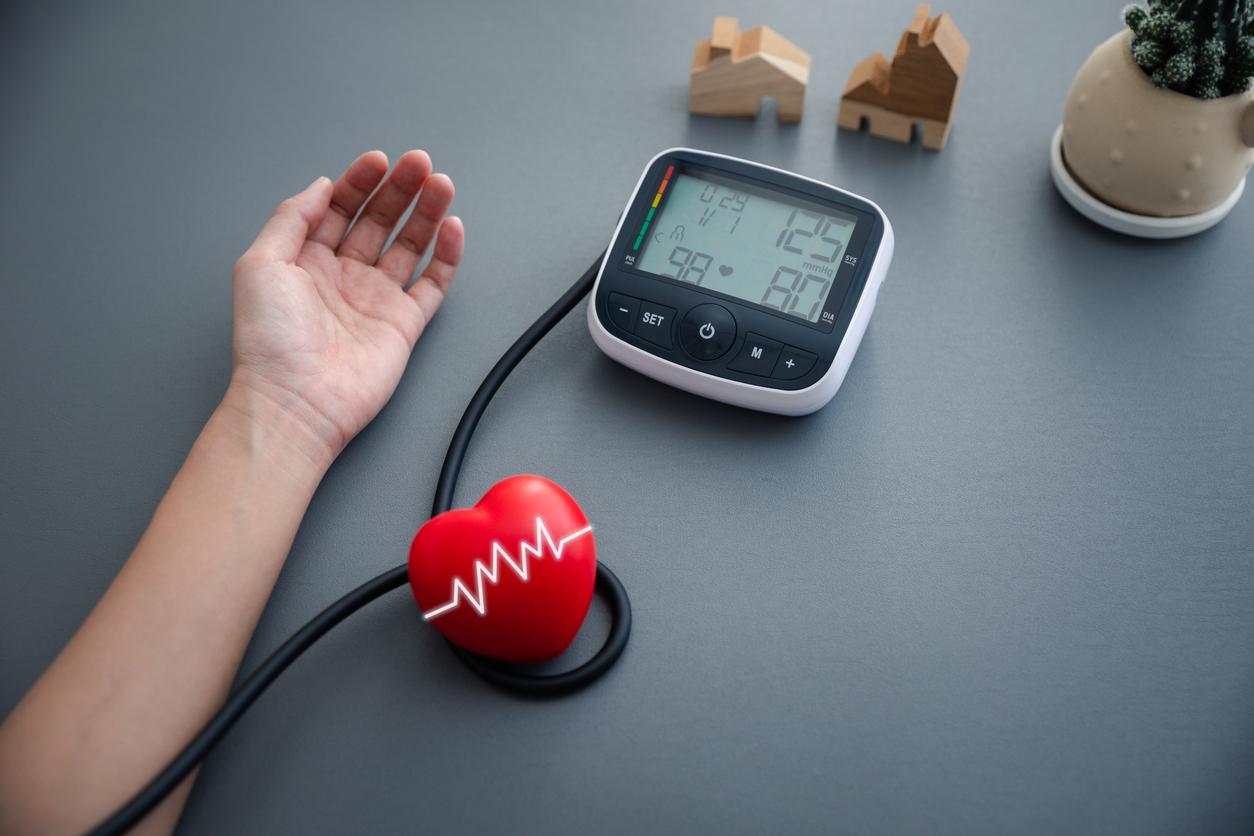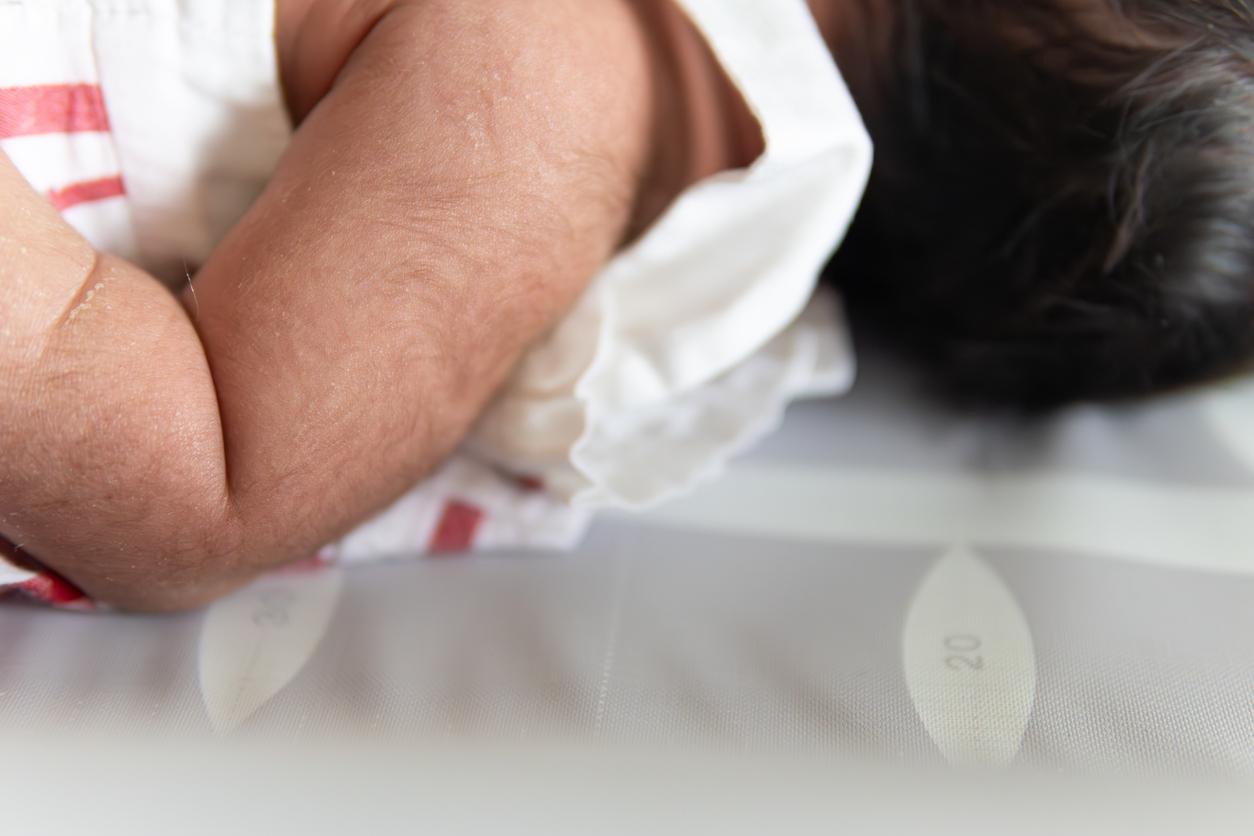It is sometimes difficult to distinguish a heart and stomach problem, because the consumption of certain foods can cause heartburn, which is sometimes characterized by chest pain.

- A person suffering from a stomach problem or a heart problem may, in both cases, experience chest pain.
- To find out where the problem comes from, you must first think about what you ate and what you did after the meal.
- If it is not related to diet and the problem lasts, you should talk to a doctor or, for more serious cases, such as myocardial infarction or unstable angina, call the emergency room.
The holiday season is conducive to overeating… And the answer to this question might therefore interest you: how to tell the difference between a stomach problem and a heart problem? Both can manifest as chest pain.
Heartburn linked to overconsumption of food
“As we age, the muscles that control the esophagus weaken, which explains the increased risk of gastric acid reflux, says Dr. Maya Balakrishnan, associate professor of gastroenterology at Baylor College of Medicine in Houstonin the United States, in a press release. Likewise, as we age, we are at greater risk of cardiovascular disease, due to other factors increasing, such as high blood pressure, high cholesterol and diabetes.”.
A stomach problem is generally linked to overconsumption of food. Stomach acids back up into the esophagus, which can cause a burning sensation in the chest or a metallic or sour taste in the mouth. “It’s usually related to what people eat or caused by them lying down quickly after eating”, reassures Dr Maya Balakrishnan. Certain foods also increase the risk of suffering from heartburn, such as chocolate, anything tomato-based or even spicy products.
“To prevent heartburn, it is recommended to pay attention to trigger foods, eat smaller meals, take a walk after eating, and generally stay upright for at least three to four hours after eating.”, advises Dr Maya Balakrishnan.
Chest pain sometimes linked to a heart problem
If, despite all precautions, you still have chest pain, you should speak to a doctor as this may be a sign of a larger problem. “We call this type of pain angina, which involves heart problems, like blood supply, says Dr Maya Balakrishnan. These conditions are more serious than heartburn. They can be life-threatening and are linked to people’s cardiovascular health”.
As indicated in the MSD Manualsome causes of chest pain are life-threatening such as myocardial infarction, unstable angina, tear in the wall of the aorta, tear in the esophagus, pulmonary embolism, etc. “People with the following signs should go to the emergency room immediately: presence of new chest pain, presence of a warning sign, suspicion of a myocardial infarction”, we can read on the site.

















